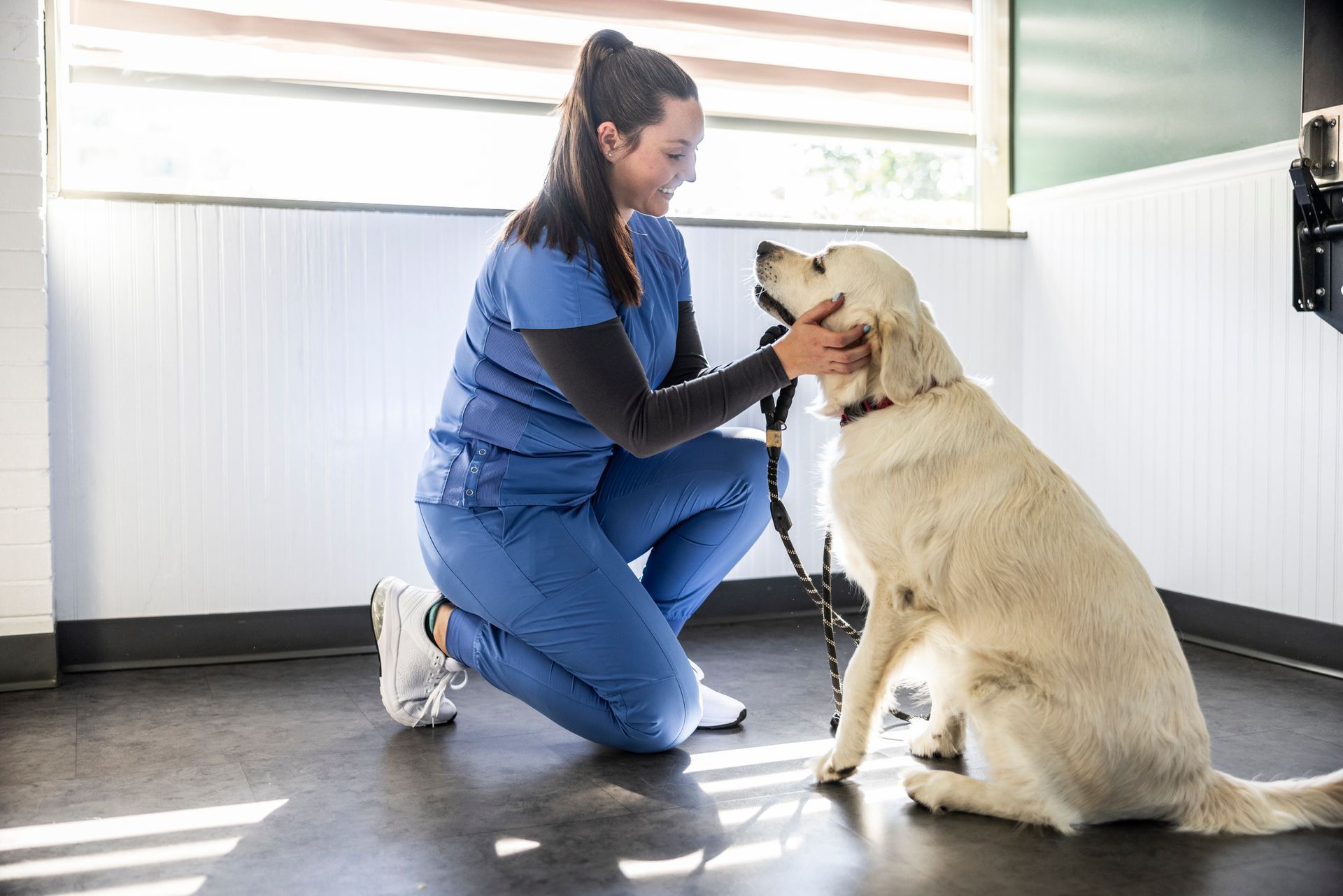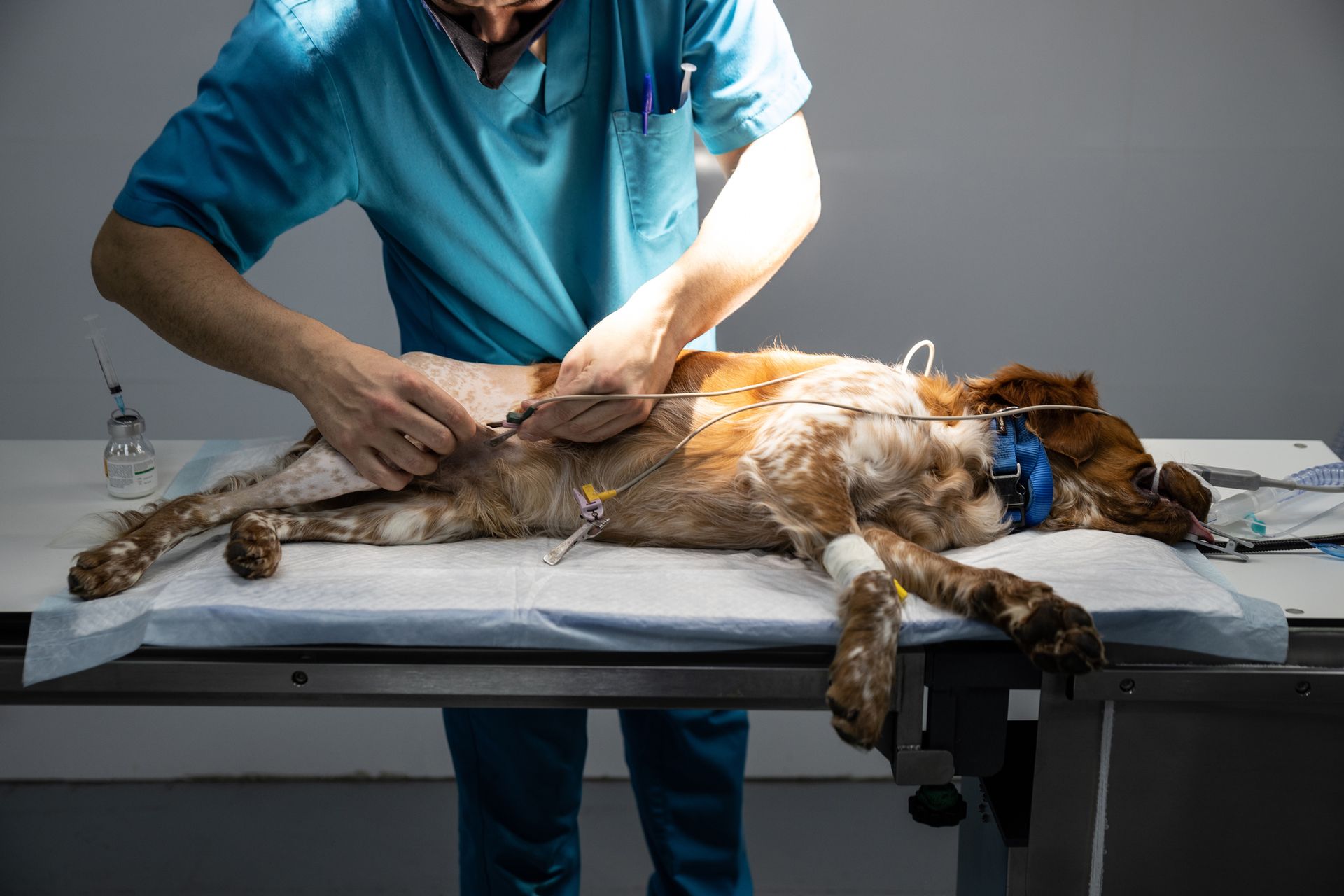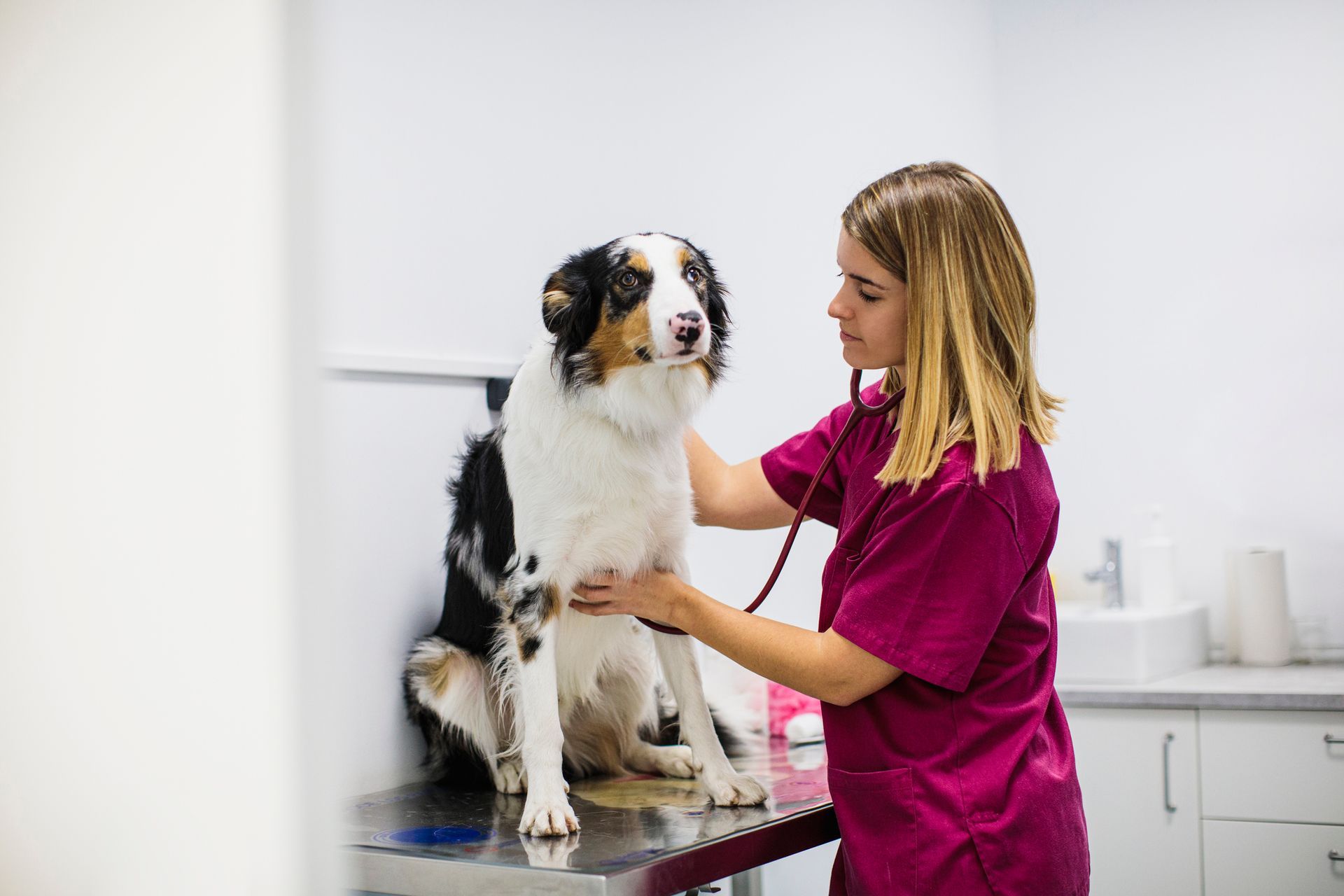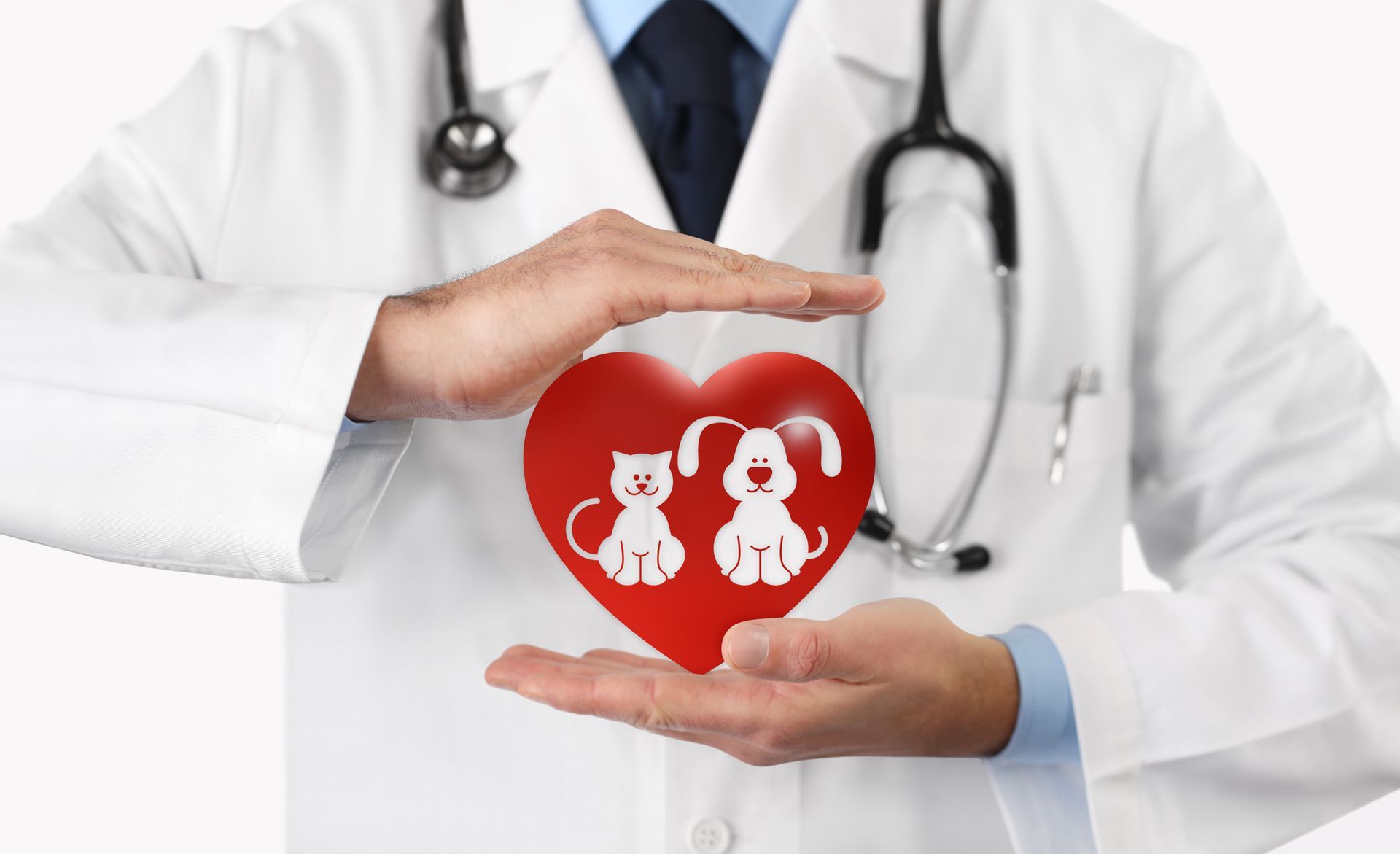Dental Care for Your Senior Dog or Cat

Maintaining good oral health in senior pets is crucial for their overall health and well-being. Dental issues can lead to more serious health concerns in older pets, such as heart, liver, and kidney diseases. Many pet owners ignore the importance of dental care for their senior pets, but it should be an essential part of their senior pet care plan.
In this blog post, explore the signs of poor oral health in senior pets and why regular dental checkups are a must for your furry friends.
What Are Signs of Poor Oral Health in Senior Pets?
It can be challenging to tell if your senior pet has oral health problems because they are not vocal about their discomfort. However, some telltale signs indicate your furry friend has teeth or gum issues. The most common signs of bad oral health in your pet include bad breath, problems with eating, excessive drooling, pawing at their mouth, discolored teeth, and bleeding or very inflamed gums.
If you notice any of these symptoms, take your pet to a veterinarian for a dental checkup.
Why Are Regular Dental Checkups Important?
Regular dental checkups are a critical aspect of maintaining good health in senior pets. Your veterinarian will examine your pet's mouth, teeth, and gums and identify any issues that need immediate attention. Dental cleanings are also essential to remove plaque and tartar buildup, which can lead to bacterial infections, gum inflammation, and decay. The veterinarian may also recommend dental products and special diets suitable for your senior pet's oral health.
What Are Common Dental Issues in Senior Pets?
Senior pets are susceptible to several dental problems, just like humans. Some common oral health issues seniors can experience include periodontal disease, gum disease, fractured teeth, and tooth loss.
Periodontal disease occurs when bacteria affect the tissues holding the teeth in place, resulting in decay and tooth loss. Gum disease is due to the inflammation of the gums, which can lead to tooth decay and infections. Fractured teeth can be painful and lead to infections while missing teeth can affect your pet's eating habits. Painful teeth can cause ample stress on senior pets, especially, so take your pet to the veterinarian to get the care they need.
How Is Prevention Better Than Cure?
Preventing dental issues in senior pets is always better than treating them. You can help keep your older pet's teeth healthy by regularly brushing their teeth, providing dental-friendly toys and treats that promote chewing, and helping them maintain a healthy diet. Regular dental checkups are essential for early detection of any oral health problems, allowing your veterinarian to address them before they become severe.
Why Do Senior Pets Need Extra Care?
Senior pets require extra care than younger ones, including dental care. As they age, their teeth, gums, and jaws become weaker, and they can experience a decline in their dental health. Your senior pet will feel more comfortable when they have a mouth free of inflammation and other irritations, including bacteria that can make them ill.
Dental care is an essential part of senior pet care, and pet owners must prioritize it for their furry friends. Take care of your aging pet's dental needs and give them the best possible chance for a long and healthy life.
Call our veterinary specialists at South Seattle Veterinary Hospital to schedule an appointment for your senior dog or cat. We look forward to helping your beloved senior pet have the best dental health possible. Let us know of any questions or concerns you have so we can better serve you and your pet. We look forward to seeing you.










